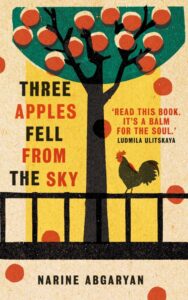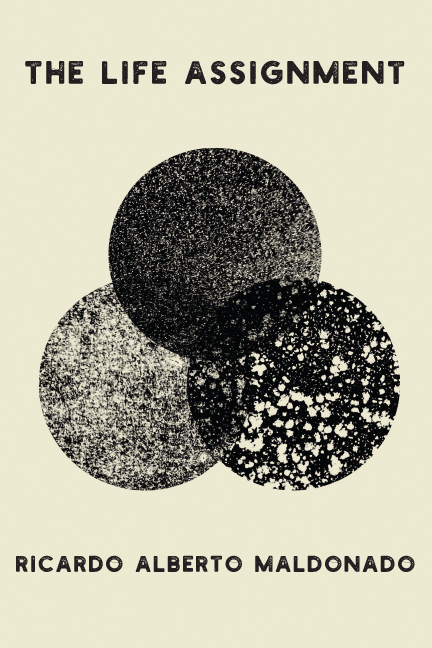By LATOYA FAULK
In this special, mid-month edition of Friday Reads, Issue 20 contributor LaToya Faulk shares her recent recommendations and reflects on motherhood in the pandemic, entering discussions on race and queerness with her daughter, and the life-altering power of babies. Take a read and make sure to grab your copy of Issue 20 here.
Recommendations: Little Labors by Rivka Galchen; The Only Black Girls in Town by Brandy Colbert; Memorial Drive by Natasha Tretheway; Guidebook to Relative Strangers: Journey into Race, Motherhood, and History by Camille T. Dungy
Since March, I’ve been home with my precious and verbose seven-year-old girl. It’s mostly me and her, so mothering feels more immediate. Such immediacy has a way of repositioning the self-as-reader, and I’ve found refuge in the declarative work of writers who incite new ways of understanding how to parent in the blissfulness of childrearing and the failures of it too, especially under the precarious times of a pandemic. With this, books like Rivka Galchen’s Little Labors, Brandy Colbert The Only Black Girls in Town, Natasha Tretheway’s Memorial Drive, and Camille T. Dungy’s Guidebook to Relative Strangers: Journey into Race, Motherhood, and History bring me closer to understanding the many ways we imprint ourselves upon our children, and how they equally imprint themselves upon us.















